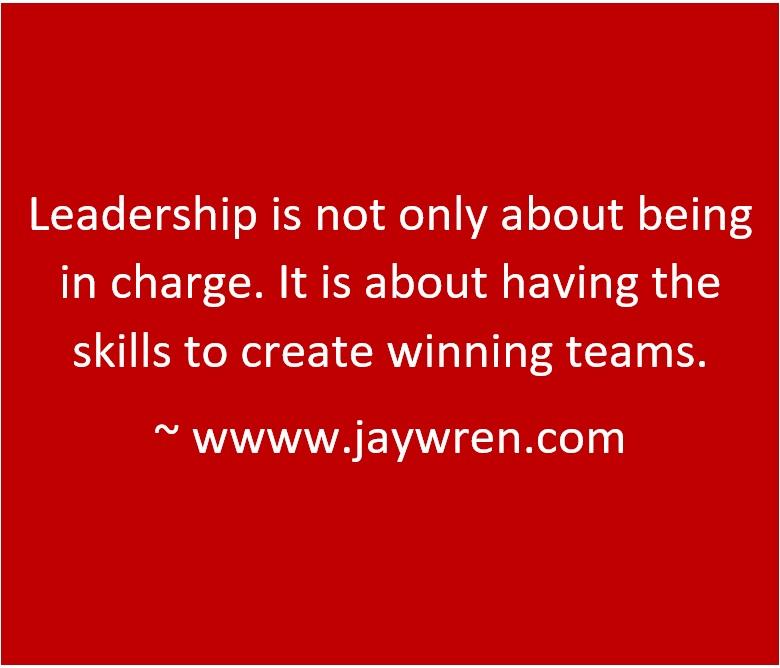Leadership Skills: 7 Steps to Creating Powerful Teams. Ways to interact with teams to create engagement and understanding.
Smart Leaders Share Their Ideas with Others
It takes time and patience to share ideas and train team members. Leaders who invest this time to show team members shortcuts and special skills increase the success of the individual members of the team and the success of the entire team. Moreover, these members become more engaged as they implement the new ideas that smart leaders have taught them. Working on these leadership skills empower leaders to connect with their teams in meaningful ways.
Leadership Skills to Delegate Responsibility
Caught in the daily cycle of handling routine responsibilities, managers can procrastinate working with team members to take on additional responsibility. However, as team members take on new responsibility, they increase their abilities to take on greater roles. Delegating authority is the first step in succession planning and in increasing employee value. Not just having responsibility, but taking responsibility for the success of a project creates instant engagement.
To delegate responsibility requires the leadership skills for working with and trusting employees.
Develop Leadership Skills to Become a Big Picture Person
Good leaders know that a minor slight or small loss today often has no significance in the big picture. These leaders can respond from a point of view that their employees are assets. Keeping perspective with a view of the long-term, leaders can see employee mistakes as opportunities to teach the people who work for them.
A case in point, I once became impatient with a secretary who was hesitant about helping me schedule a flight. When I pressed her on the matter, she confessed that she had never scheduled a flight. She had never been on an airplane. The fact was awkward for her. She was so bright and capable in so many ways. I apologized for my impatience. I explained the simple process to her. She booked the flights. A little bit of patience from me helped us both move on to the important things we needed to do that day and to helping her develop a new skill.
Each new skill enables employees to do more and opens the door to engagement. Using leadership skills, for me, was not always automatic.
Leaders Can Improve Their Communication Skills
Everyone can work on this basic skill every day. For me, the single best way to improve this skill is to become a sponge and not a waterspout. I can read more than I write. I can listen more than I speak. When I read and listen to effective communicators, I reinforce good habits that make me a more effective communicator.
Additionally, I can add to my vocabulary by finding the definition of words that are new to me. Expanding my vocabulary is especially important today. New technologies require new words as well as a better understanding of words that writers use in a different way in different context.
For example, writers have used the word “protocol” about procedures governing state or diplomatic matters. With the emergence of computer networking, tech writers use the word to refer to rules regarding transferring data across an Intranet and the Internet.
The leadership skills for effective communications is the framework for being a successful leader.
Leadership Skills to Know How to Allow Others to Take Center Stage
Smart leaders can encourage others to take the lead. By increasing how often team members take center stage, these leaders can increase the confidence and skills of team members to take on greater responsibility and increase their value to the team.
Show concern for people who are struggling to move to center stage. Many wallflowers are quietly waiting to receive recognition. Giving them opportunities to take small steps to greater roles can turn wallflowers into leaders.
Giving Credit to other People is a Leadership Skill
Saying, “Thank you” is easy to do. People appreciate it when leaders say, “You did a good job.”
Additionally, it is important to recognize the correct person. When leaders give credit to team members for the work of others, the team suffers.
Leadership Skills: Walk the Talk
It is very easy for leaders to criticize people for their shortcomings. Likewise, it is easy for leaders to take the easy path of not rising to the standards they demand of their employees. and ignore my own. For the people around me to respect me, I can’t say one thing and do another. I must walk the talk.




Comments are closed.